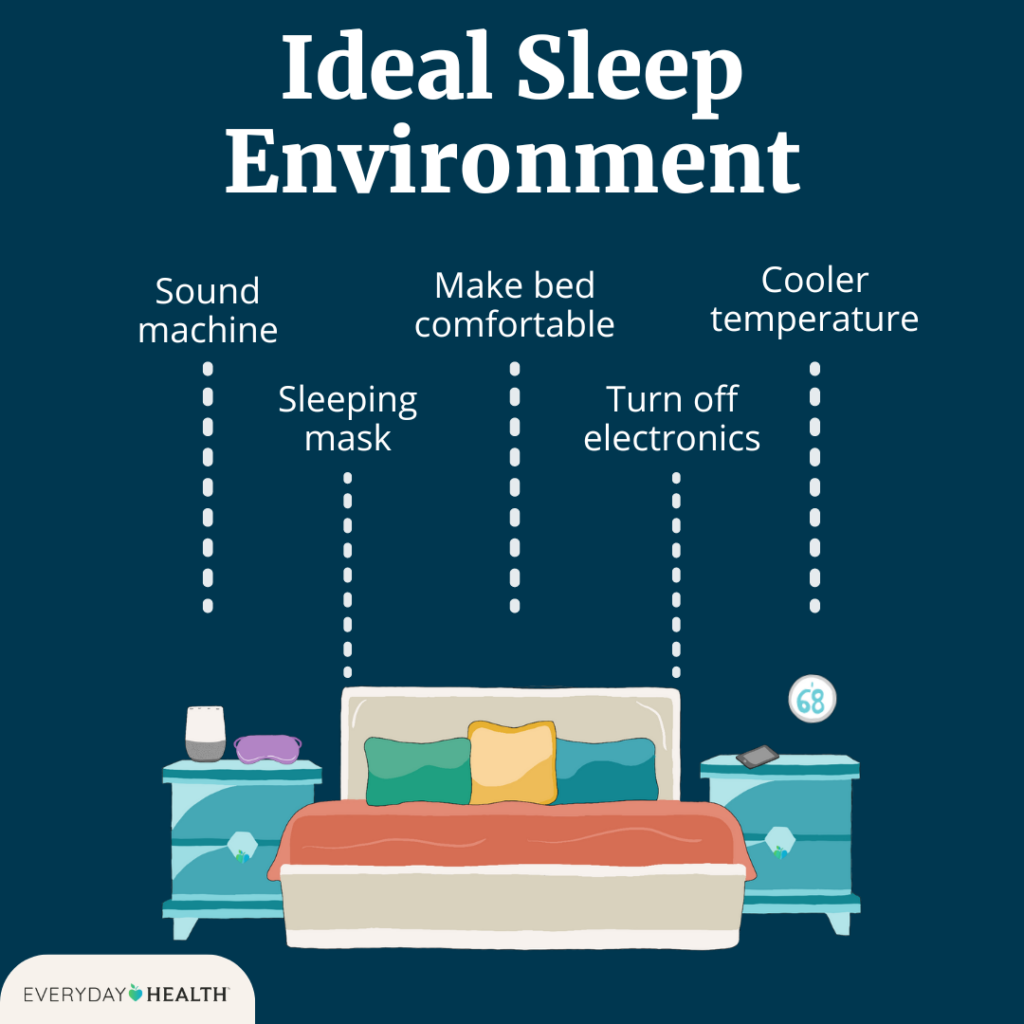The Ideal Room Temperature for Sleep
As we age, getting quality sleep becomes more important for staying healthy and energized. Dr. Kelvas, a sleep expert, highlights how room temperature significantly impacts our ability to fall and stay asleep.

The ideal room temperature for promoting restful sleep ranges between 60 °F (15.5 °C) to 68 °F (20 °C), according to the Sleep Foundation. If the room is too hot or cold, your body may struggle to regulate hormones essential for good sleep.
Why Temperature Affects Sleep Quality
Our bodies have a natural thermoregulation system that keeps our internal temperature stable. Sweating cools us down, while shivering generates heat. Blood vessel dilation and constriction also help adjust our temperature based on the surroundings.

During sleep, temperature cues have a significant impact. As your body cools, you enter slow-wave sleep, which is vital for health. However, a warm room can disrupt this phase and negatively affect REM sleep. High humidity further reduces sleep quality by interfering with your body’s cooling mechanism.
Benefits of Sleeping in a Cool Room
Sleeping in a cooler room has many advantages. It promotes the release of melatonin, the hormone that regulates sleep. It also helps suppress cortisol, the stress hormone that can disrupt rest. Cooler temperatures encourage deeper sleep phases like REM and slow-wave sleep, which are critical for physical and mental recovery.
Additionally, a cool environment activates brown fat, which supports weight management and reduces the risk of diabetes. Some studies even suggest that sleeping in a cold room may help protect against Alzheimer’s disease.
Simple Tips for Achieving Better Sleep
If you don’t have access to a thermostat, there are still ways to optimize your sleep environment:
- Take a warm bath or shower before bed. This helps lower your core body temperature, signaling your body to prepare for sleep.
- Use lightweight, breathable bedding to stay cool during the night.
- Keep windows slightly open or use a fan to improve air circulation.
Research supports that water-based passive body heating, such as taking a warm shower, improves sleep onset and efficiency. These small adjustments can make a big difference in your sleep quality.

Conclusion
Prioritizing the right room temperature for sleep is an easy way to enhance your overall well-being. A cool room can help you fall asleep faster, stay in restorative sleep phases longer, and improve your health. So tonight, set your thermostat or prepare your room for a cooler environment. Your body—and your mind—will thank you for it.



